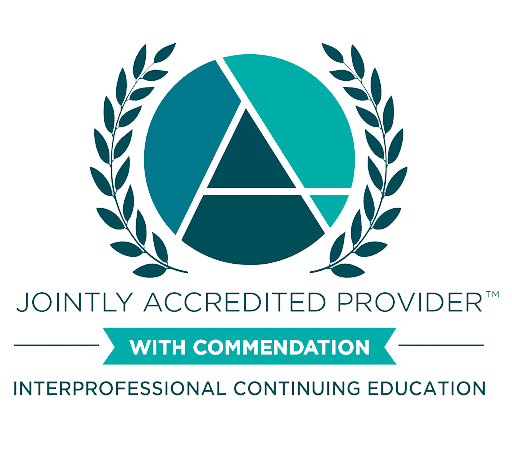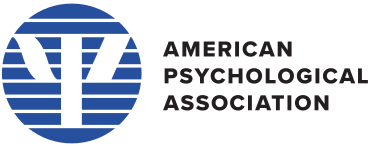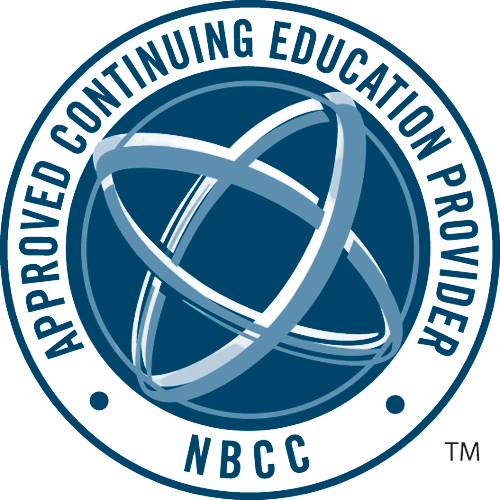A Resource for Healthcare and Social Services Professionals
January 15, 2025
3:00 pm–4:30 pm ET
This training reviews the medical ethics and tenets of harm reduction and their importance in expanding the care continuum for people who use drugs. It provides examples for devising policies influenced by harm reduction. Further, it explores the legalities of harm reduction practices in different healthcare settings, including considerations for licensed providers.
Via Zoom
This training reviews the medical ethics and tenets of harm reduction and their importance in expanding the care continuum for people who use drugs. It provides examples for devising policies influenced by harm reduction. Further, it explores the legalities of harm reduction practices in different healthcare settings, including considerations for licensed providers.
The entire multidisciplinary team providing treatment for substance use disorders in an office-based setting as well as anyone in a clinical or non-clinical position that is interested in learning about harm reduction.
Justin is a clinical nurse educator with Boston Medical Center's (BMC) Grayken Center for Addiction Training and Technical Assistance, a Family Nurse Practitioner in General Internal Medicine at BMC, and co-medical director of BMC’s Stimulant Treatment and Recovery Team (START) clinic. Justin earned a master’s in nursing from the University of Massachusetts-Dartmouth, a Post-Master's Family Nurse Practitioner certificate from the University of Massachusetts-Boston and is certified as a Certified Addiction Registered Nurse through the Addictions Nursing Certification Board.
Latisha Goullaud-Rogers, CARCLatisha is a mother in long-term recovery from a substance use disorder and a Trauma and Parenting Trainer with the Moms Do Care Grant at the Institute for Health and Recovery, funded by SAMHSA, the Massachusetts Department of Public Health, and the Bureau of Substance Addiction Services. She has years of experience helping mothers and families navigate their most suitable recovery path. She is an enthusiastic harm reduction advocate who echoes harm reduction strategies that promote compassion and prevent fatalities among people who use drugs.
Following this training, participants will have the knowledge to:
Boston Medical Center Grayken Center for Addiction TTA, Department of Public Health, Bureau of Substance Addiction Services (DPH/BSAS)
Funding for out of state attendees is provided by the Opioid Response Network (ORN).
Funding for this initiative was made possible (in part) by grant no. 1H79TI085588-02 from SAMHSA. The views expressed in written conference materials or publications and by speakers and moderators do not necessarily reflect the official policies of the Department of Health and Human Services; nor does mention of trade names, commercial practices, or organizations imply endorsement by the U.S. Government.
REQUIREMENTS for credit
Please note this policy is strictly enforced for accreditation purposes. Participants will forfeit collection of credit and certificates of completion if more than 10 minutes of the training is missed.
Joint Accreditation Statement for CME, Nursing, Social Work and Psychology
 In support of improving patient care, Boston University Chobanian & Avedisian School of Medicine is jointly accredited by the Accreditation Council for Continuing Medical Education (ACCME), the Accreditation Council for Pharmacy Education (ACPE), and the American Nurses Credentialing Center (ANCC), to provide continuing education for the healthcare team.
In support of improving patient care, Boston University Chobanian & Avedisian School of Medicine is jointly accredited by the Accreditation Council for Continuing Medical Education (ACCME), the Accreditation Council for Pharmacy Education (ACPE), and the American Nurses Credentialing Center (ANCC), to provide continuing education for the healthcare team.
CME
Boston University Chobanian & Avedisian School of Medicine designates this live activity for a maximum of 1.50 AMA PRA Category 1 Credit(s)™. Physicians should claim only the credit commensurate with the extent of their participation in the activity.
Nursing
Nursing Contact Hours: 1.50 contact hours, of which 0.00 are eligible for pharmacology credit.
Social Work
As a Jointly Accredited Organization, Boston University Chobanian & Avedisian School of Medicine is approved to offer social work continuing education by the Association of Social Work Boards (ASWB) Approved Continuing Education (ACE) program. Organizations, not individual courses, are approved under this program. Regulatory boards are the final authority on courses accepted for continuing education credit. Social workers completing this course receive 1.50 clinical continuing education credits.
American Psychological Association (APA) CE Designation Statement
 Continuing Education (CE) credits for psychologists are provided through the co-sponsorship of the American Psychological Association (APA) Office of Continuing Education in Psychology (CEP). The APA CEP Office maintains responsibility for the content of the programs.
Continuing Education (CE) credits for psychologists are provided through the co-sponsorship of the American Psychological Association (APA) Office of Continuing Education in Psychology (CEP). The APA CEP Office maintains responsibility for the content of the programs.
New York State Psychology Credit
Boston University Chobanian & Avedisian School of Medicine Barry M. Manuel Center for Continuing Education is recognized by the New York State Education Department’s State Board for Psychology as an approved provider of continuing education for licensed psychologists #PSY-0181 Note: NYS psychologists must attend all sessions for credit. Partial credit is not allowed.
The Department’s approval of a provider of continuing education does not constitute the Department’s endorsement of the content, positions or practices that may be addressed in any specific continuing education course offered by the approved provider.
LMHC
 BMC Grayken Center of Addiction TTA has been approved by NBCC as an Approved Continuing Education Provider, ACEP No. 7188. Programs that do not qualify for NBCC credit are clearly identified. BMC Grayken Center of Addiction TTA is solely responsible for all aspects of the programs. For this program, 1.50 contact hours will be offered to participants who attend the training and complete the evaluation.
BMC Grayken Center of Addiction TTA has been approved by NBCC as an Approved Continuing Education Provider, ACEP No. 7188. Programs that do not qualify for NBCC credit are clearly identified. BMC Grayken Center of Addiction TTA is solely responsible for all aspects of the programs. For this program, 1.50 contact hours will be offered to participants who attend the training and complete the evaluation.
LADC/CADC & Recovery Coach
Boston Medical Center Grayken Center for Addiction Training and Technical Assistance is approved by the Massachusetts Department of Public Health, Bureau of Substance Addiction Services (DPH/BSAS) to award LADC/CADC and Recovery Coaches who complete this training 1.50 continuing education credits.
Community Health Worker
Boston Medical Center Grayken Center for Addiction Training and Technical Assistance is approved by the Massachusetts Department of Public Health, Board of Community Health Workers to award community health workers who complete this training 1.50 continuing education credits.
Disclaimer
Continuing education (CE) requirements vary by license and jurisdiction. When requesting continuing education credits, please ensure you are following the rules and regulations determined by the board regulating your license. Boston Medical Center Grayken Center for Addiction TTA does not oversee adherence to licensing requirements and regulations.
THIS CONTINUING EDUCATION PROGRAM IS INTENDED SOLELY FOR EDUCATIONAL PURPOSES FOR QUALIFIED HEALTHCARE PROFESSIONALS. IN NO EVENT SHALL BOSTON UNIVERSITY BE LIABLE FOR ANY DECISION MADE OR ACTION TAKEN IN RELIANCE ON THE INFORMATION CONTAINED IN THE PROGRAM. IN NO EVENT SHOULD THE INFORMATION CONTAINED IN THE PROGRAM BE USED AS A SUBSTITUTE FOR PROFESSIONAL CARE. NO PHYSICIAN-PATIENT RELATIONSHIP IS BEING ESTABLISHED. IN NO EVENT SHOULD INFORMATION IN THE MATERIALS REGARDING LAWS, REGULATIONS, OR LEGAL LIABILITY BE CONSIDERED LEGAL ADVICE OR USED AS A SUBSTITUTE FOR CONSULTING WITH AN ATTORNEY.